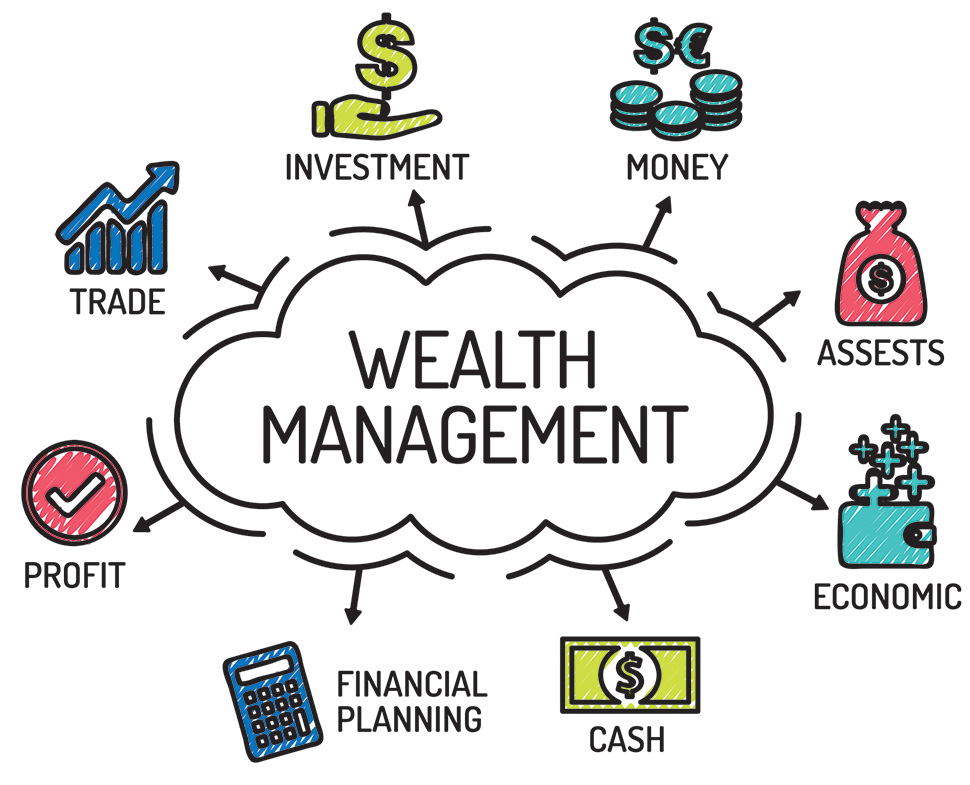How Rising Interest Rates Could Affect Emerging Markets
Emerging and developing economies are viewing rising interest rates with trepidation. Most of them are facing a slower economic recovery than advanced economies because of longer waits for vaccines and limited space for their own fiscal stimulus. Now, capital inflows to emerging markets have shown signs of drying up. The fear is of a repeat of the “taper tantrum” episode of 2013, when indications of an earlier-than-expected tapering of US bond purchases caused a rush of capital outflows from emerging markets.









